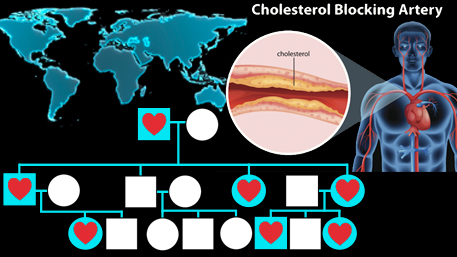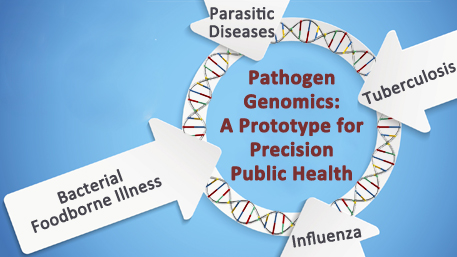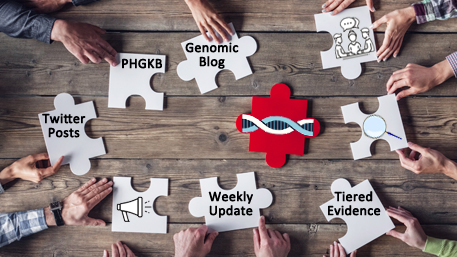Category:
Genome-wide Association studies (GWAS) in the Quest to Understand the Causes of Birth Defects

Our recent review and commentary found that relatively few genome-wide association studies (GWAS) on structural birth defects have been done, compared with the number of GWAS on other conditions. We reviewed the literature to identify GWAS on oral clefts, congenital heart defects (CHDs), biliary atresia, pyloric stenosis, hypospadias, craniosynostosis, and clubfoot. We did not find Read More >
Posted on byReducing the Global Public Health Burden of Familial Hypercholesterolemia: More Work Ahead

In our previous blog, we discussed familial hypercholesterolemia as a prototype for “precision public health” and how the combination of public health and genetic approaches can contribute to raising awareness, diagnosis, and treatment of more than 1 million individuals in the United States with this relatively common genetic condition. Familial hypercholesterolemia (FH) is an underdiagnosed Read More >
Posted on by“Precision” Health Tools and… Increased Health Disparities?

Working from the perspective of public health, we have frequently expressed concerns about the potential of precision health technology to exacerbate health disparities. Many of these discussions have focused on genomic-based approaches such as using polygenic risk scores (PRS) for a wide array of disease and health outcomes. Because of minority underrepresentation in basic research, Read More >
Posted on byProgress in Pathogen Genomics as a Prototype for Precision Public Health

Rapid advances in pathogen genomics have ushered in a new era of “precision public health.” Next-generation sequencing is already enabling more effective investigations of outbreaks of foodborne illnesses, better-targeted tuberculosis control, and more timely and granular influenza surveillance to inform the selection of vaccine strains. In a recent paper in the New England Journal of Read More >
Posted on byCommunication and Information Sharing about Genomics and Precision Health: Opportunities for Improvement

In this blog, we describe our current approach to information sharing based on a recent review of our communication and engagement strategies. In order to improve our approaches to communication, we are asking you, our readers, for feedback—please share your thoughts in the comments section below or send us an email at mailto:genetics@cdc.gov. For the Read More >
Posted on by

